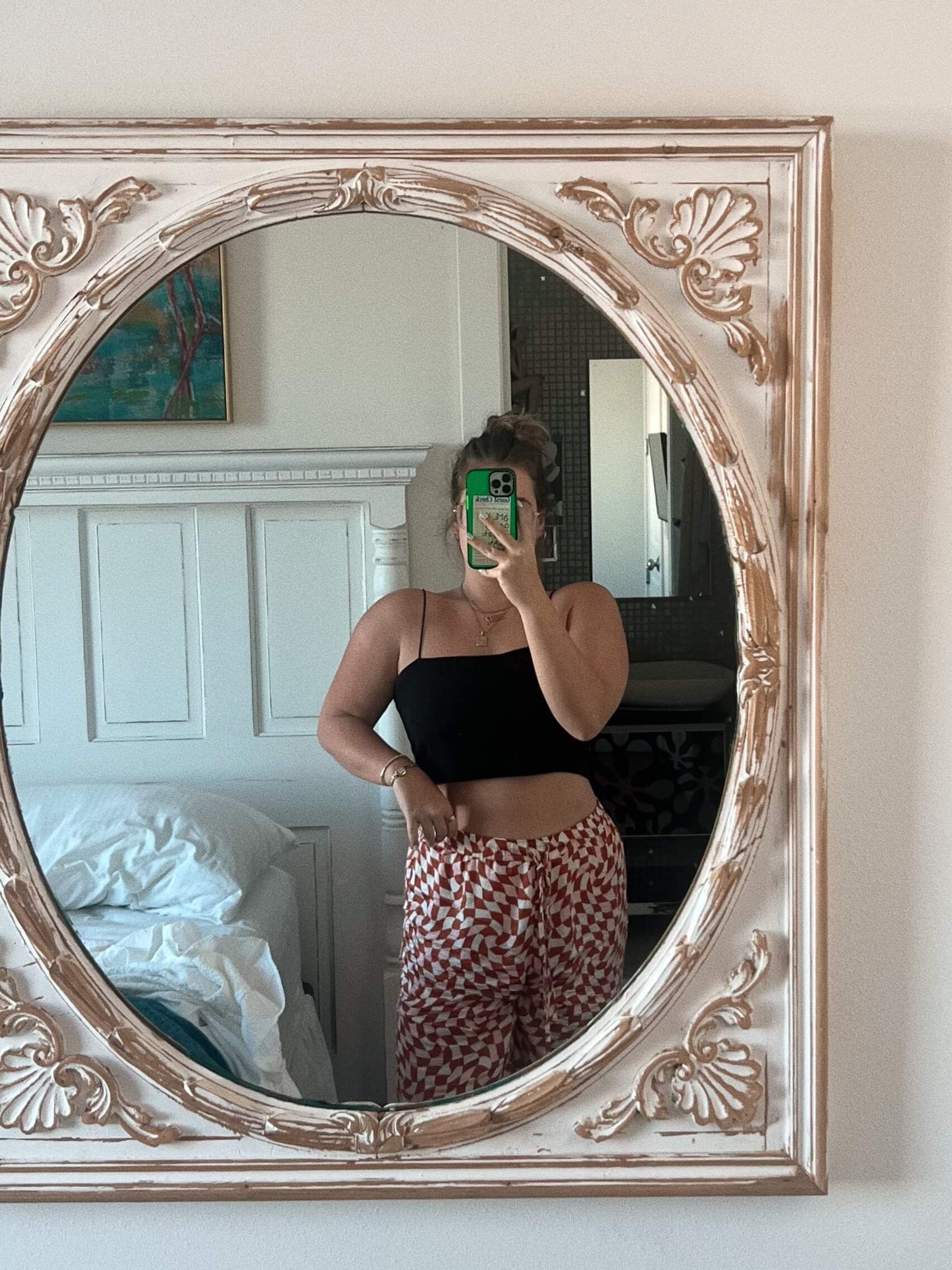Social Comparisons in the Digital Age: What Are We Even Comparing Ourselves To?
⏱️ Estimated reading time: 6 minutes
TL;DR - Social media makes it easy to compare yourself to images that aren’t even real. This post helps you recognize how those comparisons affect your self-esteem and offers realistic ways to reconnect with what’s genuine.
I was recently out to lunch with a group of lovely ladies. Everyone looked beautiful, dressed up for the occasion, savoring good food, good company, and those little luxuries that make a midweek outing feel special.
As often happens in a group of millennial women, plenty of photos were taken, there were candids, selfies, and group shots. At one point, someone brought up a free app they like for editing pictures. One of its more popular features? A tool that can make you appear slimmer with just a tap.
A Quick Introduction
Before we continue, I should tell you who I am. I’m Dr. Jenny White, a clinical psychologist who specializes in helping perfectionist people-pleasers manage their anxiety, relationship issues, and workplace stress. As you’re reading this, if you’re feeling like you could benefit from working with me, please reach out. I offer free consultations to make sure you and I are a good match.
DISCLAIMER: I am a licensed clinical psychologist, and the information provided here is for general informational and educational purposes only. While I aim to share helpful and thoughtful content, reading this blog does not establish or imply a therapist-client relationship between us.
If you are experiencing a mental health crisis, please seek immediate help from a licensed professional or contact emergency services in your area. This blog should not be a substitute for professional mental health care or personalized guidance.
For personalized support or therapy services, please reach out directly to a licensed mental health provider in your area.
Table of Contents
- Why Social Comparisons in the Digital Age Hurt More Than Ever
- Body Image and Social Media: What We’re Really Up Against
- Even friends’ photos may not be “real” anymore
- How Comparison Culture Fuels Negative Self-Talk
- The inner critic vs. being your own cheerleader
- 4 Practical Ways to Cope with Comparison Anxiety
- When Social Comparisons Impact Mental Health
Why Social Comparisons in the Digital Age Hurt More Than Ever
Now, if you’re a woman in America (or, frankly, many parts of the world), I’d be shocked if you haven’t wrestled with body image at some point. Most of us have experienced negative self-talk, doubt, or comparison, especially in the age of social media, AI-enhanced photos, and filters that can subtly (or not-so-subtly) reshape our appearance.
But what struck me that day wasn’t the enthusiasm for the app. It was the deeper realization of just how little “real” imagery we’re exposed to anymore.
Body Image and Social Media: What We’re Really Up Against
I’ve written before about how social media acts as a highlight reel. People share the best parts, the well-lit moments, the curated vacations, the filtered smiles.
Reality TV? Not so real. Influencers might spend hours crafting a single post to appear effortless. Even Zoom offers a “touch up my appearance” option so we can smooth things over in meetings. We know this stuff isn’t fully real… and yet it still shapes how we see ourselves.
📖 Read Offline is the New Luxury
Even friends’ photos may not be “real” anymore
But this moment over lunch reminded me that it’s not just airbrushed celebrities and filtered influencers we’re comparing ourselves to anymore. It’s our actual friends, colleagues, neighbors, people we know and love, whose photos may also be edited, filtered, or subtly tweaked. The line between reality and a curated image is becoming so blurred that even our most personal and “real” reference points can feel distorted.
And that’s what’s really mind-blowing.
How Comparison Culture Fuels Negative Self-Talk
Because if we can’t even trust that the photos of people we actually know reflect reality, how can we possibly measure ourselves against anyone fairly?
If we’re never actually seeing real people… how are we supposed to look in the mirror and feel good about what we see?
The mirror in our bathroom doesn’t have a touch-up function, and I believe that is a good thing.
So when that feeling creeps in, that quiet, harsh whisper that says “you’re not good enough,” what can we do?
4 Practical Ways to Cope with Comparison Anxiety
Here are a few places to start:
Notice the self-talk. Would you say the same thing to your best friend that you just said to yourself in your head? If not, it's time to reframe. Try being your own cheerleader for once, your inner critic has had enough airtime.
Take intentional breaks. If you find yourself feeling drained or discouraged after scrolling social media, pay attention. That might be your cue to step back, unfollow, mute, or take a breather altogether.
Practice gratitude for yourself. Your body is not an ornament; it’s an instrument. It carries you through life, through love, through laughter and loss. Find ways to thank it, even if it's just silently acknowledging your strong legs after a long walk or your tired eyes for getting you through the day.
Reconnect with real life. Look up. Look around. Notice people in your everyday world, at the grocery store, in your neighborhood, or on a walk. Real bodies, real smiles, real people. It’s grounding in a way that digital images never can be.
📖 Read Meaningful Connections in a Digital World
You deserve to feel good in your skin. You deserve to take up space in your body and in this world. And you deserve to remember that "flawed" doesn’t mean broken, it means human.
When Social Comparisons Impact Mental Health
If you struggle to be kind to yourself sometimes and you’re ready to work on quieting that inner critic, having a sounding board can help. You don’t have to do it alone. Reach out, I’d love to help.






